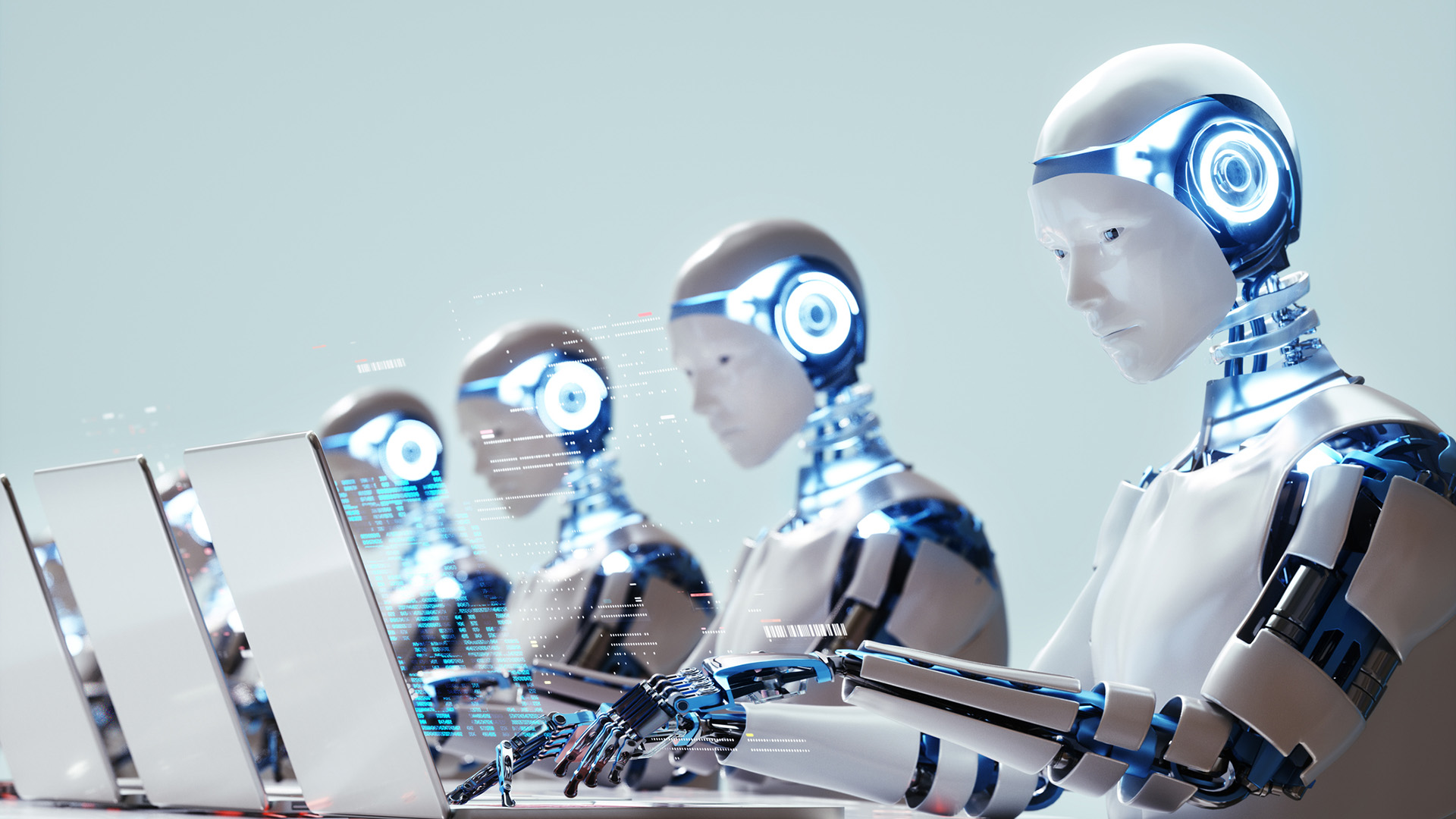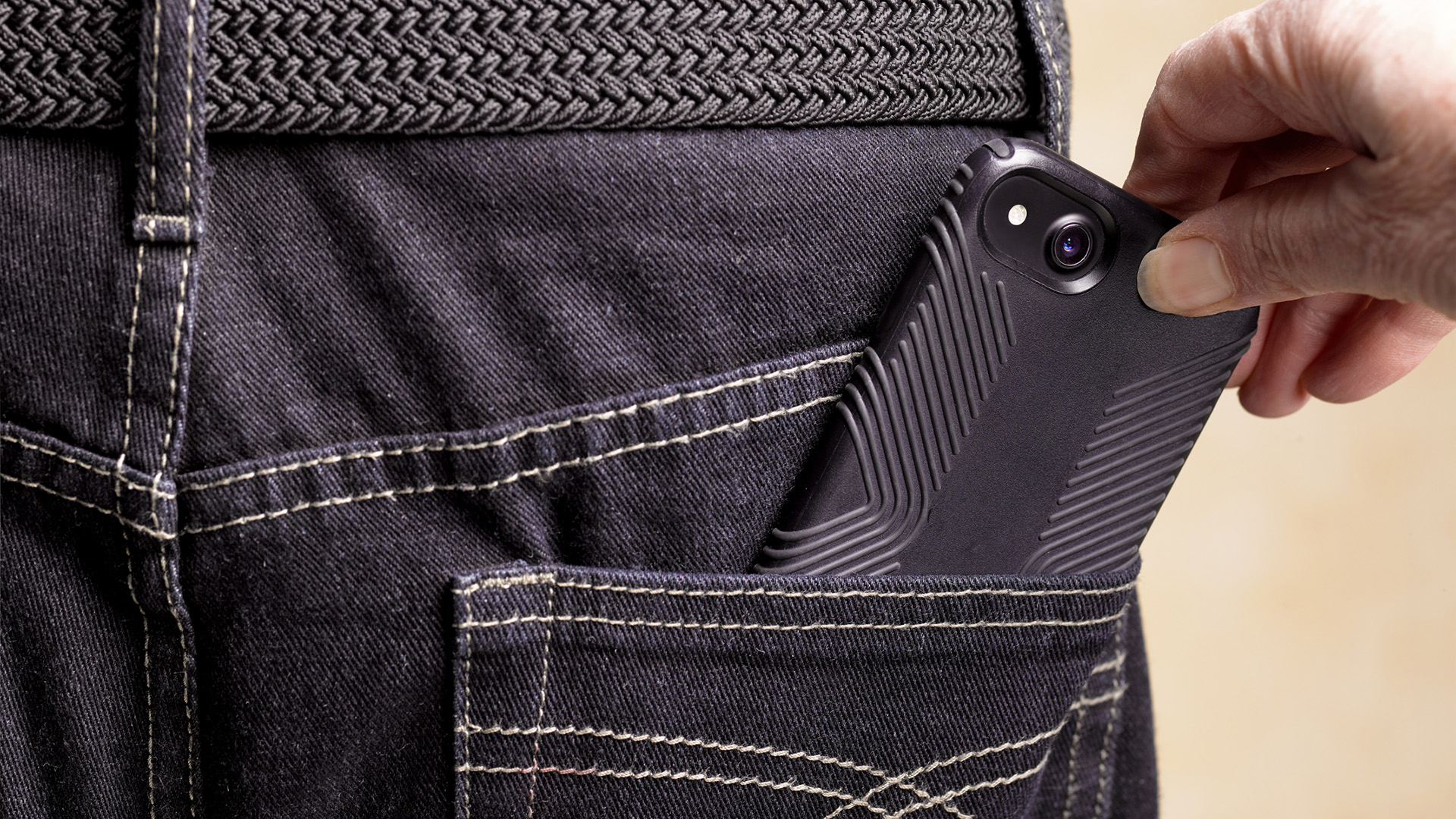

What’s the next big thing in tech? It’s a subject that’s been concerning me quite a bit recently. I often get asked to predict upcoming developments and, for the last few years, I’ve been able to answer ‘AI’, and pose the supplementary question of whether it delivers on its promised potential. But the saturation coverage given to AI of late has made that answer seem groan-worthily predictable. AI now feels part of the present rather than the future.
What’s the alternative answer? I haven’t had much luck trawling the usual suspects. Quantum Computing for example, which utilises the mind-boggling principles of quantum physics to create ultrafast computers that can crack even the most secure passwords. It’s not only worrying but hard to explain and the computers are a long way off delivering this, so not much use to me in my quest.
Web 3.0 is even more difficult to explain than quantum computing. It somehow uses blockchain technology and cryptocurrency to create a new version of the World Wide Web that cedes more power to the individual user rather than being dominated by a few big tech companies.
At least that’s the theory. Practical examples seem in rather short supply and many think it’s just a buzzword or worse, that it hands over power to a limited number of venture capitalists, and consumes vast amounts of energy processing data. I’ll wait and see how that plays out.

AI is no longer the future, it's the present
Perhaps I need to look beyond silicon. Biotechnology is advancing rapidly, enabling breakthroughs in areas like personalised medicine, gene editing and synthetic biology, potentially revolutionising healthcare. I was wondering about the ethics, difficulty and expense of all this, when I had a perspective-changing conversation.
While attending a show at the Royal College of Art, I chatted with the Head of its Intelligent Mobility programme, Dr Chris Thorpe. The future, he suggested, is biophilia. This is biotech on steroids, a broad concept based around a closer connection between human beings and nature. Its impact goes beyond healthcare to agriculture, product design and environmental sustainability in industry.
Early steps might be more mimicry of nature. This is nothing new, of course, a well-known example being Velcro, inspired by the natural hooks found in burrs. But a future biophilic world would also harness, for example, nature’s efficiency at recycling. Most human endeavours in this area reduce the quality of materials in each cycle. Nature doesn’t.
Sign up to the T3 newsletter for smarter living straight to your inbox
Get all the latest news, reviews, deals and buying guides on gorgeous tech, home and active products from the T3 experts
We’ll get better at making biology help us. One can imagine a self-healing car windscreen or growing your own house, or dynamic transport systems with the intelligence of a living organism.
It may seem theoretical and idealistic but it could be just the sort of radical philosophy that makes our overcrowded world more survivable and sustainable, with prosperity derived from natural abundance.
At least it’s solved one problem. When asked what’s the next big thing, I’m now going to answer biophilia and attempt a brief explanation of how future tech might embrace the efficiency and beauty of nature. I’m already looking forward to it.
Jon is the main gadget reviewer and presenter for The Gadget Show on Channel Five. He was previously the Producer and Executive Producer of BBC's Top Gear between 1987 and 1999 and had a corner named after him on the Top Gear test track. He launched Fifth Gear for Channel Five and produced the show until 2004. When not presenting Jon enjoys writing. In 2019 Atlantic Books published his first book, Autopia: The Future of Cars, and he contributes regularly to Amateur Photographer magazine.
-
 So where’s the promised 5G revolution?
So where’s the promised 5G revolution?Jon Bentley is disappointed that 5G hasn’t transformed the way we live – but he hasn’t given up hope just yet
By Jon Bentley
-
 When it comes to a new PC, I’m in no rush to upgrade
When it comes to a new PC, I’m in no rush to upgradeRemembering what’s happened in the past, Jon Bentley is happy to play the waiting game for a computer upgrade
By Jon Bentley
-
 That’s the way the internet cookies will crumble
That’s the way the internet cookies will crumbleGiven third-party cookies are facing the crunch, Jon Bentley offers a taste of what online brands are cooking up instead
By Jon Bentley
-
 What can I do to secure my pocket info?
What can I do to secure my pocket info?Are we carrying too much of our financial lives around with us? If so, asks Jon Bentley, what can we do to make ourselves less vulnerable?
By Jon Bentley
-
 No more broadband haggles please
No more broadband haggles pleaseJon Bentley is increasingly frustrated at having to beg internet providers not to keep upping his bills
By Jon Bentley

